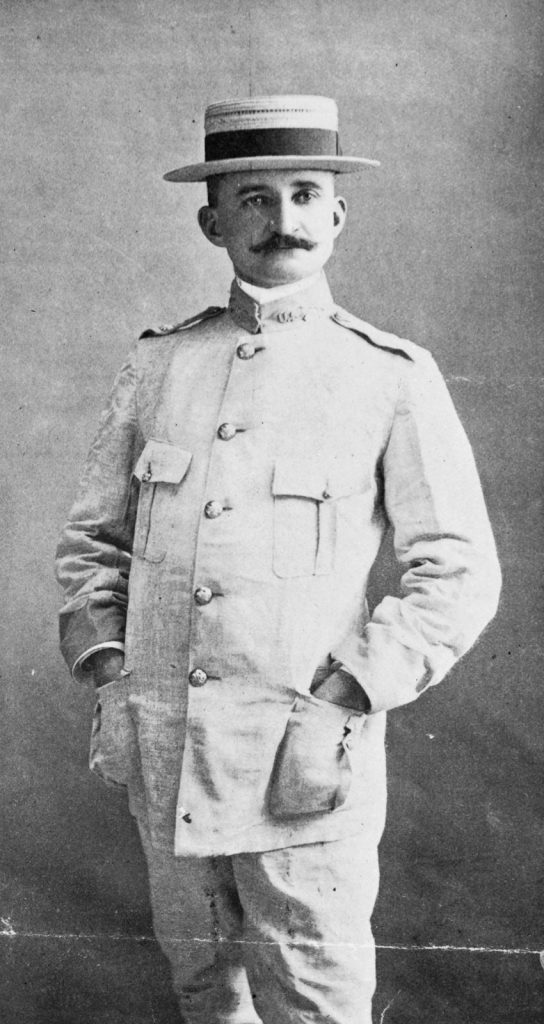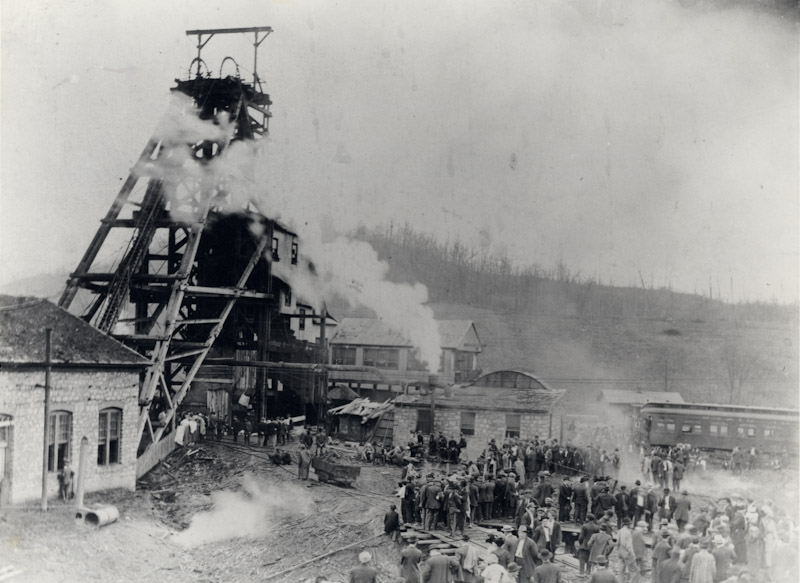Charleston WV (April 2021) – The following events happened on these dates in West Virginia history. To read more, go to e-WV: The West Virginia Encyclopedia at www.wvencyclopedia.org.
April 22, 1908: Marshall ‘‘Little Sleepy’’ Glenn was born in Elkins. Glenn coached basketball at West Virginia University from 1934 to 1938 and football from 1937 to 1940. He was inducted into the WVU Sports Hall of Fame in 1992.

April 22, 2003: Activist Judy Bonds, a Raleigh County native, received the Goldman Environmental Prize for her fight against mountaintop removal. Her efforts inspired thousands and turned a local issue in West Virginia into a national cause.
April 23, 1857: Andrew Summers Rowan was born in Gap Mills, Monroe County. Rowan, a military officer, was chosen as the messenger when President McKinley wanted to send a message to Cuban General Calixto Garcia. The 1899 pamphlet, A Message to Garcia, made the incident famous.

April 24, 1865: The McNeill’s Rangers surrendered to Union troops at New Creek (now Keyser). The Confederate guerrilla force probably never numbered more than 100 men at any time, but they managed to do damage to Union operations.
April 25, 1863: About 1,500 Confederate soldiers under Gen. William ‘‘Grumble’’ Jones advanced through Greenland Gap, a deep pass through New Creek Mountain in Grant County. The Confederates encountered 87 Union soldiers who held off several assaults before finally surrendering.
April 25, 1923: Union leader Arnold Ray Miller was born at Leewood on Cabin Creek in Kanawha County. In December 1972 he defeated Tony Boyle to become president of the United Mine Workers.
April 26, 1816: General Alexander Welch Reynolds was born in Lewisburg. He served in the armies of the United States and the Confederacy. After the war, Reynolds accepted a commission as a colonel in the forces of the khedive of Egypt, the ruler of Egypt under the Ottoman Empire.

April 27, 1978: An accident at the Willow Island Power Station on the Ohio River killed 51 men. The scaffolding that had been erected for use in the construction of a new cooling tower collapsed, sending them plunging to the ground.
April 28, 1884: Musician Henry Reed was born in Peterstown, Monroe County. Reed was a legendary West Virginia fiddler whose repertory contributed to the old-time music revival in the last half of the 20th century.
April 28, 1914: An explosion at the Eccles No. 5 mine in Raleigh County killed 174 men. The mine connected with Eccles No. 6, operating in another coal seam, and nine men in No. 6 died of injuries and of afterdamp, the deadly gas left after a mine explosion.

April 28, 1920: The Monongahela National Forest was created by presidential proclamation. It is the only national forest that is completely within the boundaries of West Virginia.
April 28, 1924: An explosion ripped through the Benwood coal mine south of Wheeling, killing 119 miners.
April 28, 1948: Watt Powell Park opened in Charleston. About 8,000 people, including Governor Okey L. Patteson, attended the city’s inaugural game in the Class A Central League. Watt Powell Park was replaced by the city’s new Appalachian Power Park after the 2004 season, and the old ballpark was demolished in 2005.
e-WV: The West Virginia Encyclopedia is a project of the West Virginia Humanities Council. For more information contact the West Virginia Humanities Council, 1310 Kanawha Blvd. E., Charleston, WV 25301; (304) 346-8500; or visit e-WV at www.wvencyclopedia.org.

